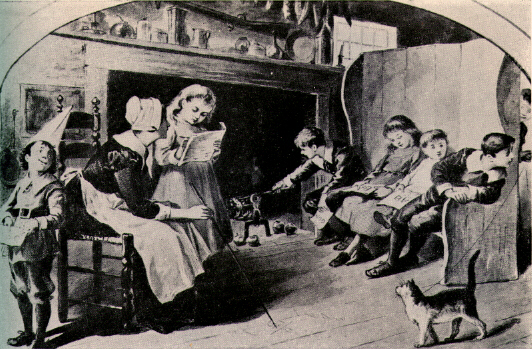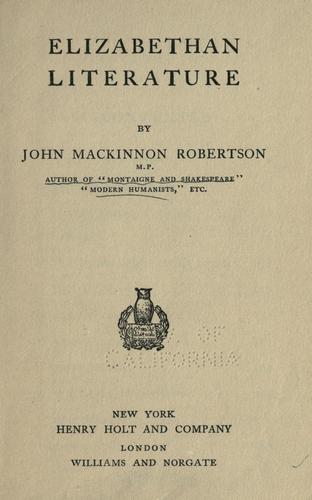
The translation of words in the Elizabethan language and vocabulary requires a Modern English to Elizabethan english dictionary! The following link provides access to an Elizabethan dictionary for an easy to follow Elizabethan language guide! The translation and definition of the Elizabethan words and meanings used in the Elizabethan language make the literature of the era, including the works of William Shakespeare much easier to understand!

Shakespeare translations and understanding the real meanings behind some of the Shakespeare languages in the great plays and sonnets can be difficult. And this is hardly surprising when the expressions and their meanings have been obsolete since the Elizabethan era!

Spellings were not strictly set in the Elizabethan times and it is mostly up to the person who was writing. Although, certain patterns were followed and scholars were trying to make standard settings to the language. Despite all the differences, there were still many words that were spelt the same way as they are today.
The Middle English period ended with the great vowel shift and brought in Early Modern English. This is significant for the Elizabethan period because it made Elizabethan English more polished and refined, though not complete.
Some common Elizabethan words that are not in use anymore are: